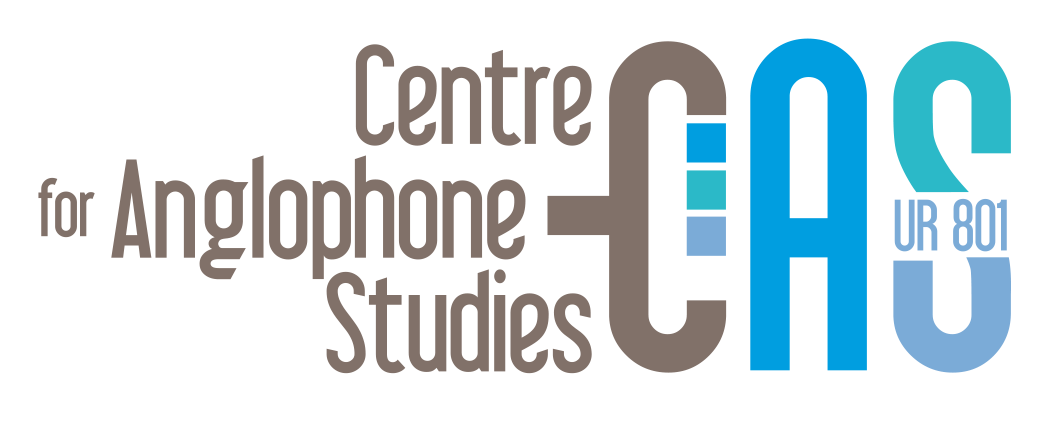-
Partager cette page
AXE 3 : Constructing the individual and the collective
Organization
Coordination: Nathalie Dessens, Laurent MelletRepresensatives:
program 2 : Françoise Coste, Nathalie Duclos
program 3 : Vincent Latour, Nathalie Rivère de Carles
Overview
This group studies the connections between individual actions and symbolic productions (and the subjectivisation modes behind them) in the Anglo-Saxon world and the ways communities work. In order to interrogate the modalities of the collective in Anglo-Saxon societies and cultures, we analyse the forms of action, interaction, friction, opposition, and dialogue through which human, political, aesthetic and scientific answers may be provided to social contingencies. We also work on memory transmissions, be they historical, political, or artistic.
The group includes three programmes:
Programme 1: “Individual and Collective Memories”
This first theme is a continuation of the research carried out in 2011-15, now bringing together seminars on myths and memories, intimate memories, memories of slavery and war images in literature, and strengthening links with other research programmes of the University Toulouse-Jean Jaurès (MemoCris in the Labex SMS, project CAPES-COFECUB, group Upsi4Hum of the University Toulouse-Paul Sabatier, new SFR IRPALL programme on translation). We explore the processes of memorialisation, the writing of trauma and its impact on intimacy, but also parodies, rewriting strategies, and theoretical or ideological legacies, and the various forms of testimony, as both individual experiences and collective transmissions. Literary and historical narratives are viewed here as flexible modes in the creation of memory and as adaptations or transfers articulating local or singular memories with global or universal ones.
Programme 2: “Constructing Democracy”
This theme was born out of the previous research on citizenship, the circulation of ideas, and intellectual and political history in the transatlantic world. The multiple definitions and recent theorisations of democracy are studied here on the national, but also infra-, supra- and trans-national scales. “Imagined communities” are analysed in both the political and social construction of nations and communities (ethnic, religious, and political) and the narrative and artistic guises of democracy (utopia and dystopia). This research also considers the analysis of power dynamics and institutional and constitutional experiments. The links between ethics and politics is central to our research on the modalities of a formal democracy in the Anglo-Saxon arts as new forms of individual or collective activism.
Programme 3: “Conflict and Negotiation”
The group considers the individual/collective relationship in the perspective of conflict and negotiation. It focuses on the aesthetic and political qualities of dispute and rebellion, for instance on conflict as both a social and artistic driving force, or on category and genre conflict as triggering an aesthetic specific to film adaptation. Individual and collective connections are addressed here in the way the collective may hinder, or conversely, facilitate the formation of the subject (in the wake of the previous seminars on modernity and the individual). Conflict is studied as a “perpetual negotiation” endeavouring to handle tensions so as to balance or renew aesthetic and political frameworks. In a continuation of the research carried out in 2011-15 on the marginal forms of diplomacy, the group works on the difficult emergence of the figure of the ambassador, as a paradoxical superimposition of the individual and the collective in terms of territory. The objective is to analyse the influence of the history of diplomacy and political philosophy on prose fiction and drama, combine various approaches (literary, philosophical or artistic), and think collectively about new methods for interdisciplinarity (literature, history of ideas and art history).
In each programme, specific objects will be studied in seminars and symposiums between 2016 and 2020. The group “Constructing the Individual and the Collective” welcomes researchers with various disciplinary and methodological backgrounds, from the Renaissance to contemporary studies. It gathers members from the CAS working in all English-speaking areas and specialising in history, literature, linguistics, and image, film or intermedial studies
